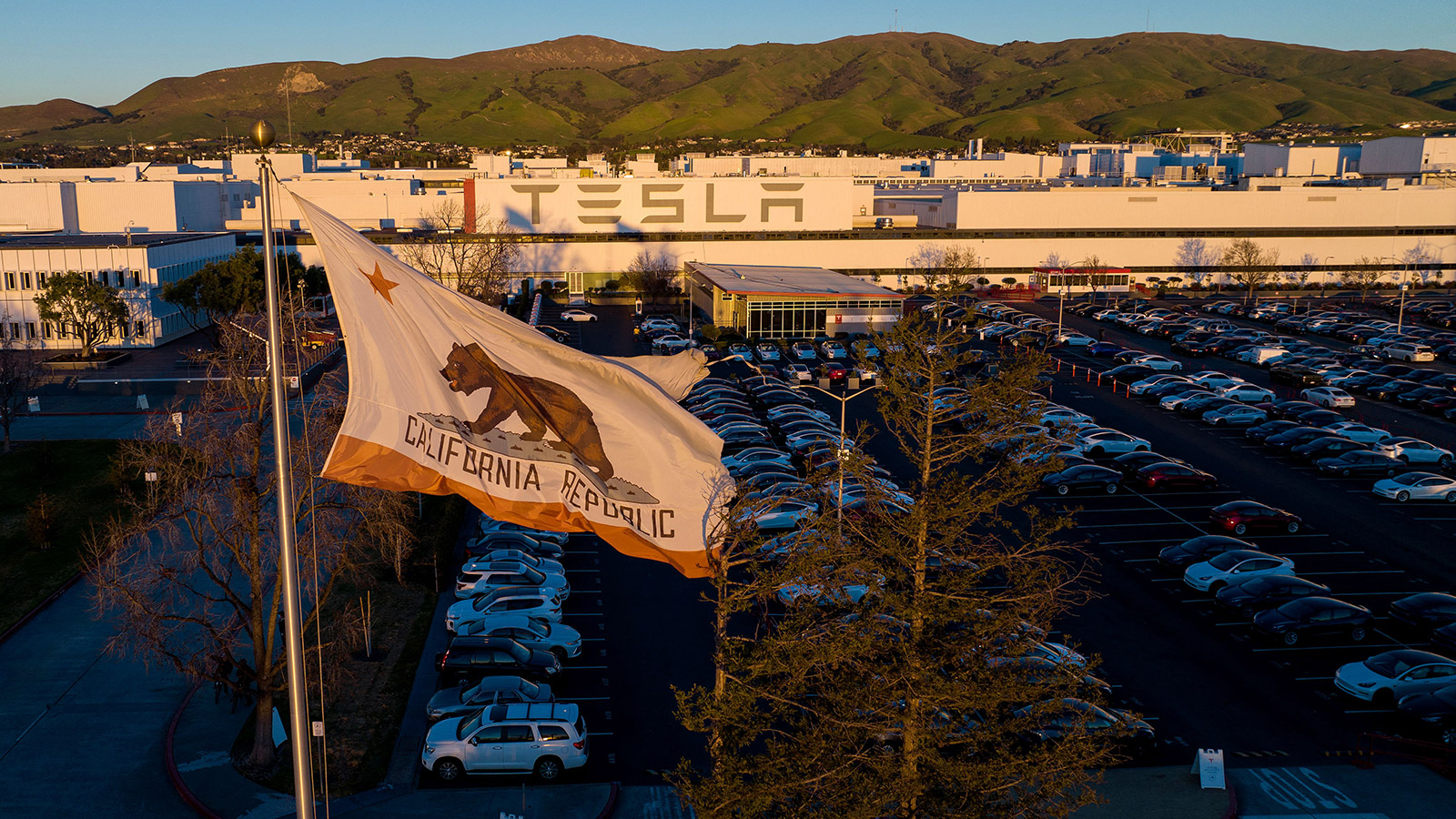Judge Reduces Tesla's Punitive Damage For Allowing A Racist Work Environment To Pocket Change
Tesla was initially ordered to pay $130 million to deter further negligence of its most vulnerable employees. That's been cut to $13.5 million.
A federal judge on Wednesday reduced the $137 million payment awarded to Owen Diaz, a Black employee who formerly worked at Tesla's Fremont, California facility and suffered racial abuse during his tenure, to just $15 million. The original verdict handed down last October was appealed by the electric carmaker, and while U.S. District Judge William Orrick found the company still liable to Diaz, he slashed the plaintiff's total jury award to less than a ninth of its original amount.
Diaz was subjected to a barrage of harassment from fellow employees including a supervisor, and left the company after less than a year. In his testimony last fall, Diaz said "he suffered 'sleepless nights' and weight loss as he lost his appetite," according to Bloomberg. From Reuters' report yesterday:
Diaz, who worked at the plant for nine months in 2015 and 2016, said other employees used racist slurs when speaking to him, and scrawled swastikas and slurs including the "N-word" on bathroom walls. He also said one supervisor drew a racist caricature near his workstation.
Tesla rarely loses workplace arbitration cases as Bloomberg noted, but it had lost big in this one that actually made it to court: $6.9 million for emotional distress, coupled with $130 million in punitive damages. On Wednesday, Judge Orrick noted a "striking" indifference to Diaz's complaints. From The Wall Street Journal:
"Not only does the evidence support a finding of recklessness or indifference to Diaz's health and safety, it supports a finding that Tesla intentionally built an employment structure that allowed it to take advantage of Diaz's (and others') labor for its benefit while attempting to avoid any of the obligations and responsibilities that employers owe employees," Judge Orrick wrote.
However, Orrick also labeled the $6.9 million compensation for Diaz's distress "excessive," and the $130 million for punitive reasons "unconstitutionally large." Experts predicted Tesla may only end up paying half of the original sum after its appeal, but the company fared much, much better than that. And yet, it's still not satisfied. Again, courtesy of The Wall Street Journal:
Tesla, which has said it doesn't believe the verdict is justified, had asked for a new trial or for the total damages to be reduced to $600,000. The judge denied Tesla's request for a new trial, conditional on Mr. Diaz's acceptance of the reduced damages.
Tesla is getting off pretty light on this one. "Compensatory damages, like the name suggests, are intended to compensate the injured party for loss or injury," according to Cornell Law School. "Punitive damages are awarded to punish a wrongdoer." Legal precedent suggests that punitive damages be set no more more than 10 times the compensatory amount, but punitive damages should also be significant enough to deter further negligence. Tesla happens to have a market cap of more than $1 trillion.
In Diaz's revised award, the carmaker is now ordered to pay $1.5 million in compensatory damages (compared to the original $6.9 million) and $13.5 million in punitive damages (compared to the original $130 million). Diaz's lawyer has stated an intention to appeal the reduced sum.
